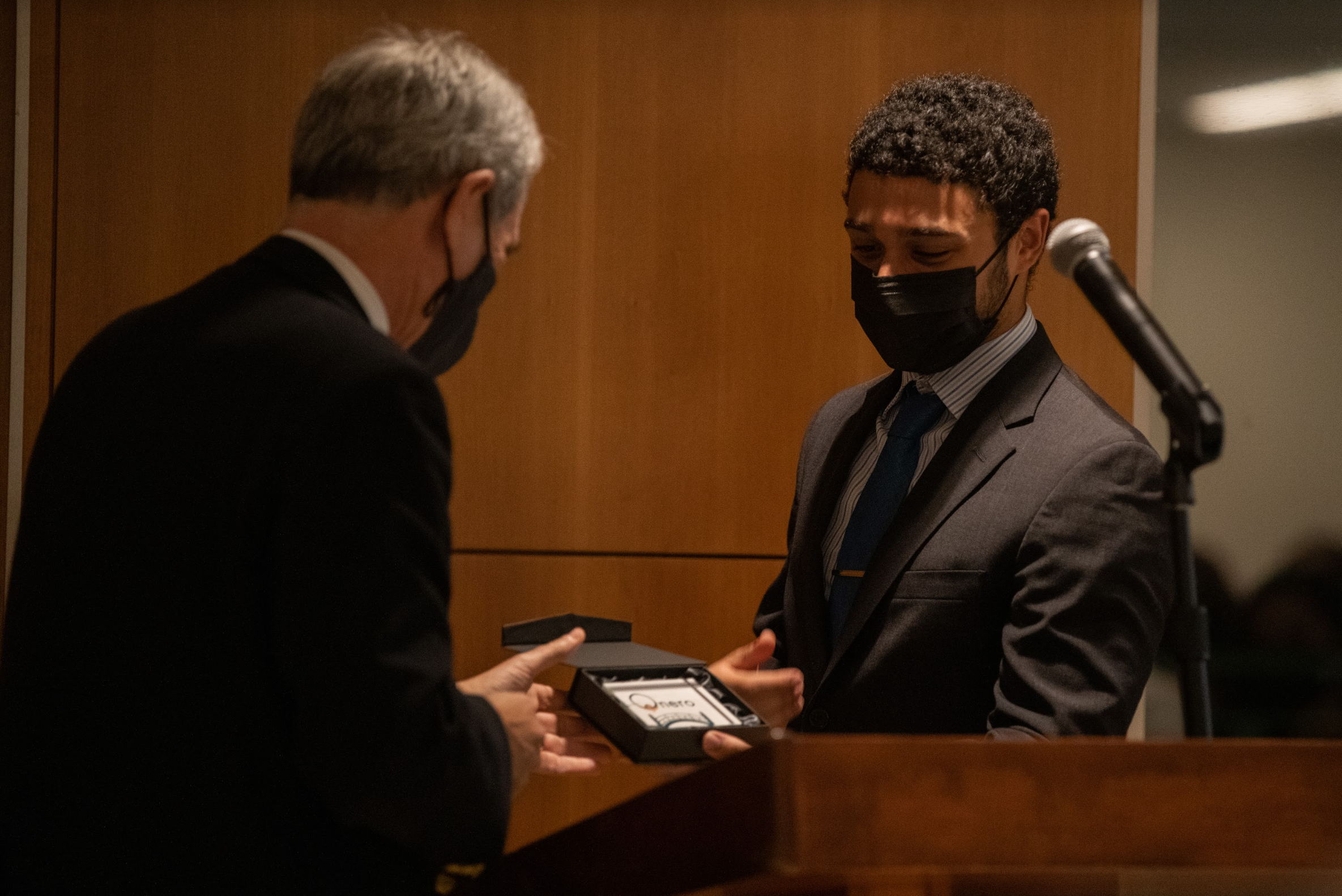Onero Research
Date Published
- January 2026
- December 2025
- November 2025
- August 2025
- July 2025
- June 2025
- May 2025
- April 2025
- March 2025
- February 2025
- January 2025
- December 2024
- November 2024
- October 2024
- September 2024
- August 2024
- July 2024
- June 2024
- March 2024
- February 2024
- October 2023
- March 2023
- February 2023
- January 2023
- November 2022
- October 2022
- January 2022
- November 2021
- October 2021
- August 2021
- July 2021
- March 2021
- September 2020
- August 2020
- July 2020
- February 2020
The Pacific Crucible
As global instability distracts American attention across Europe and the Middle East, a strategic reckoning is long overdue. Washington must recognize the urgency that it faces in the Indo-Pacific. The rise of China as a peer competitor presents not only an economic challenge but a military one. The ideological dogma of the Chinese Communist Party makes reunification with Taiwan a necessity. If the United States is not careful, they may well be walking into a military confrontation that they are wildly unprepared for.
The Failure of the European Defense Community: A Discussion Between The Past And Future of European Defense
The European Defense Community (EDC) marked the first attempt to create a common European defense framework. Today, it is more important than ever to understand the failure of the EDC and the consequences it entailed. At the heart of this failure was the ambition of the nation states to make sovereignty prevail over the federal character of the European project.
Reviving an Old Vision, Toward a European Defense Force for EU Autonomy
A European Defense Force is needed to enhance EU autonomy amid geopolitical threats like Russian aggression and terrorism. Coordination challenges, reliance on non-EU suppliers, and diverging national priorities abound. Frameworks like PESCO and EDF can strengthen EU defense, complement NATO, and achieve strategic independence and global influence.
The Future of European Security: Strategic Autonomy
As Europe looks to take more responsibility for its defense and security, talk of “strategic autonomy” has resurfaced and given rise to a great deal of controversy. How realistic is this foreign policy ambition? This article addresses its surrounding misconceptions, necessity, and feasibility in light of challenges and existing capabilities.






